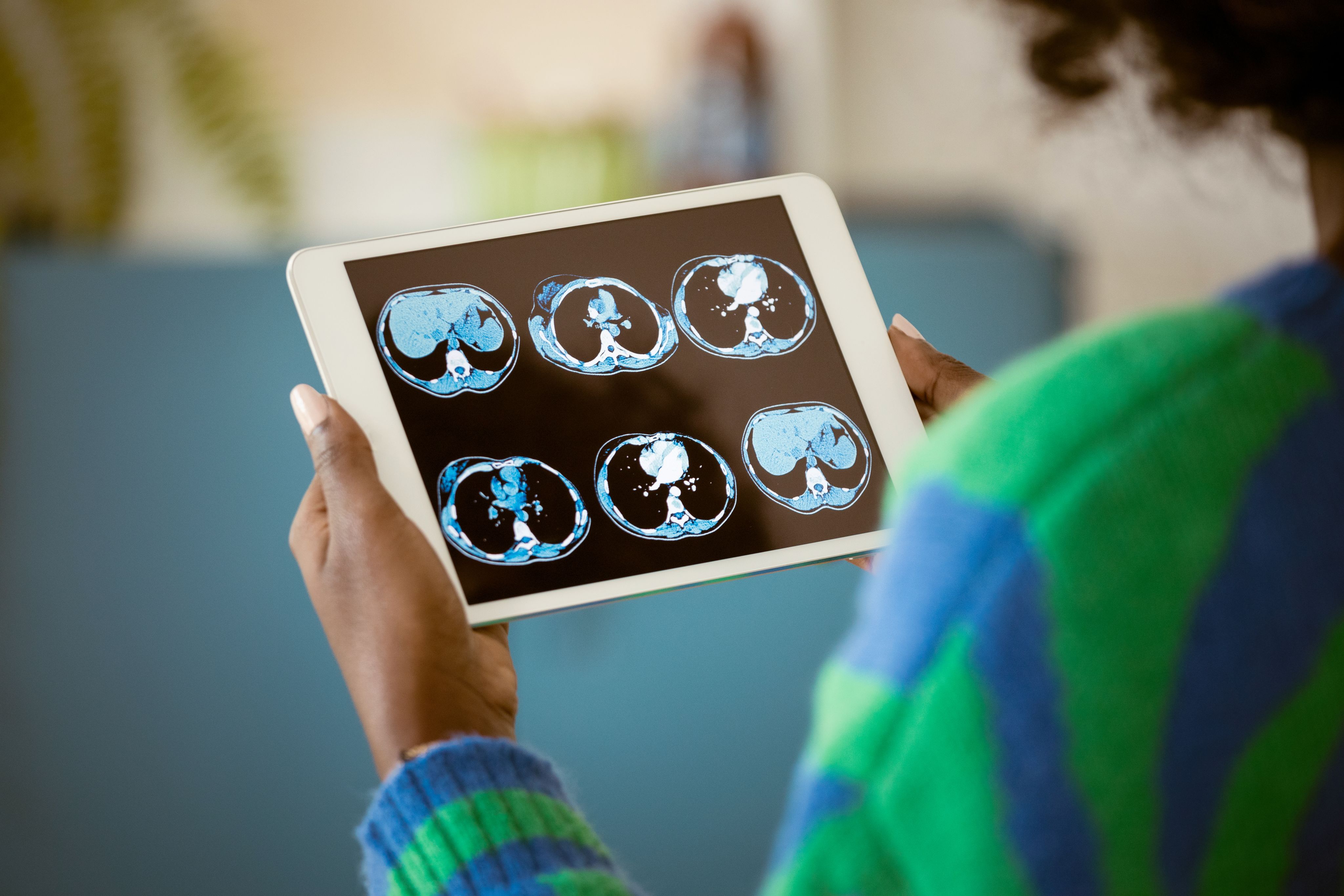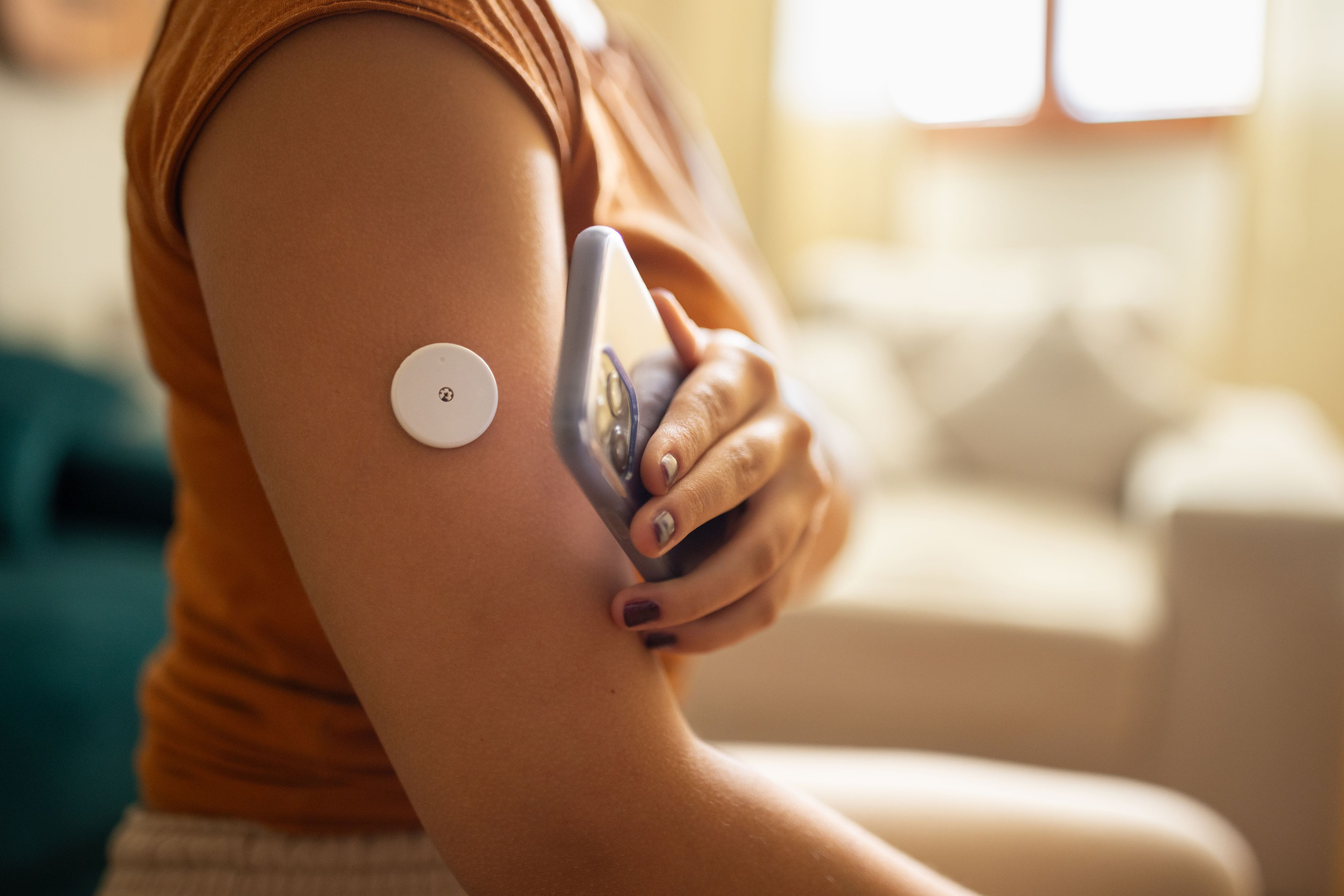Supporting the evaluation of digital health technologies in Spain
Case study

The Spanish Ministry of Health needs to ensure that digital health technologies adopted by the Spanish National Health Service are clinically safe, effective and offer value to the taxpayer. This is increasingly important given the rapid development of the digital health sector and its potential to revolutionise the delivery of patient care.

Pilar Pinilla Dominguez, associate director of NICE International
Pilar Pinilla Dominguez, associate director of NICE International
"There is a need for evaluators and decision makers to consistently identify those digital health technologies that are likely to offer most benefit to patients and the health and care system. NICE's experience in this area means we’re well placed to offer support."
Sharing our knowledge and expertise
In 2021, the Spanish Ministry of Health asked the Agency of Health Quality and Assessment of Catalonia (AQuAS) to develop a digital health technology assessment framework to support the evaluation of such technologies.
Throughout 2022, NICE International delivered a series of knowledge transfer seminars to our Spanish partners. Topics covered included NICE’s:
- Evidence standards framework for digital health technologies. A trusted and respected set of standards describing the evidence needed for different types of digital health technologies for commissioning in the UK health and care system.
- AI and Digital Regulations Service. A collaboration between NICE and 3 other national agencies. The service supports the development and widespread adoption of safe, innovative, value-adding technologies in health and social care. It provides guidance on how to identify, pilot and rollout such technologies at scale.
- Office for Digital Health. Strives to accelerate NICE’s efforts to deliver innovation to the health and care system. It has several functions including identifying technologies that offer the greatest potential to improve health and wellbeing and monitoring NICE’s evaluation methods and processes to accommodate the evolution of digital technologies.

Outcomes and next steps
Section A of the Spanish framework was required to categorise the different elements that health technology assessors should consider when evaluating such technologies. AQuAS developed this based on a scoping review and expert consensus. It outlines areas such as ease of use, cost and novelty.
Section B of the Spanish framework was required to outline the standards of evidence needed to assess the technologies. Following engagement with NICE International, the Spanish Network of Health Technology Assessment Agencies (RedETS) translated and adapted NICE’s evidence standards framework for the Spanish context. They also linked the domains and dimensions to be considered for health technology assessment (Section A) with the evidence standards (Section B). This resulted in the final comprehensive framework:
- Health technology assessment framework: adaptation for digital health technology assessment
- Health technology assessment framework: adaptation for digital health technology assessment - user guide
“Hearing first-hand how NICE developed its evidence standards framework and how it can be used was an enriching learning experience. Adapting the framework to the Spanish context enabled us to achieve a more comprehensive product.”

Rosa Maria Vivanco-Hidalgo, head of health technology assessment and quality at the Agency of Health Quality and Assessment of Catalonia (AQuAS).
Rosa Maria Vivanco-Hidalgo, head of health technology assessment and quality at the Agency of Health Quality and Assessment of Catalonia (AQuAS).
Digital health technologies being considered for use on the Spanish National Health Service are now assessed using this adapted framework.
RedETS is currently working on a package of complementary products to support the framework. This includes templates for the assessment of medical devices with artificial intelligence.

NICE International is part of the NHS in England’s health technology assessment body, the National Institute for Health and Care Excellence (NICE). The team supports countries to improve their own nation’s health and wellbeing. It does this by sharing best practice and helping to drive improvements in evidence-based decision-making.